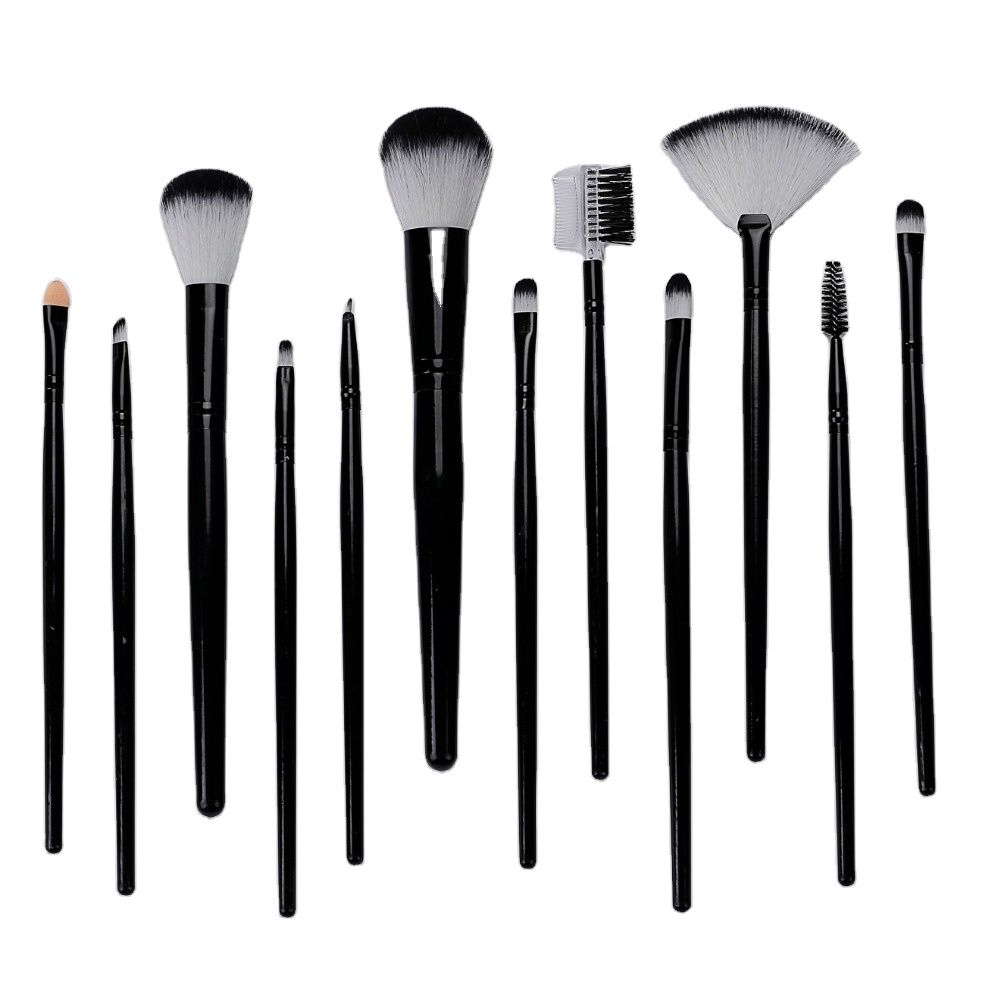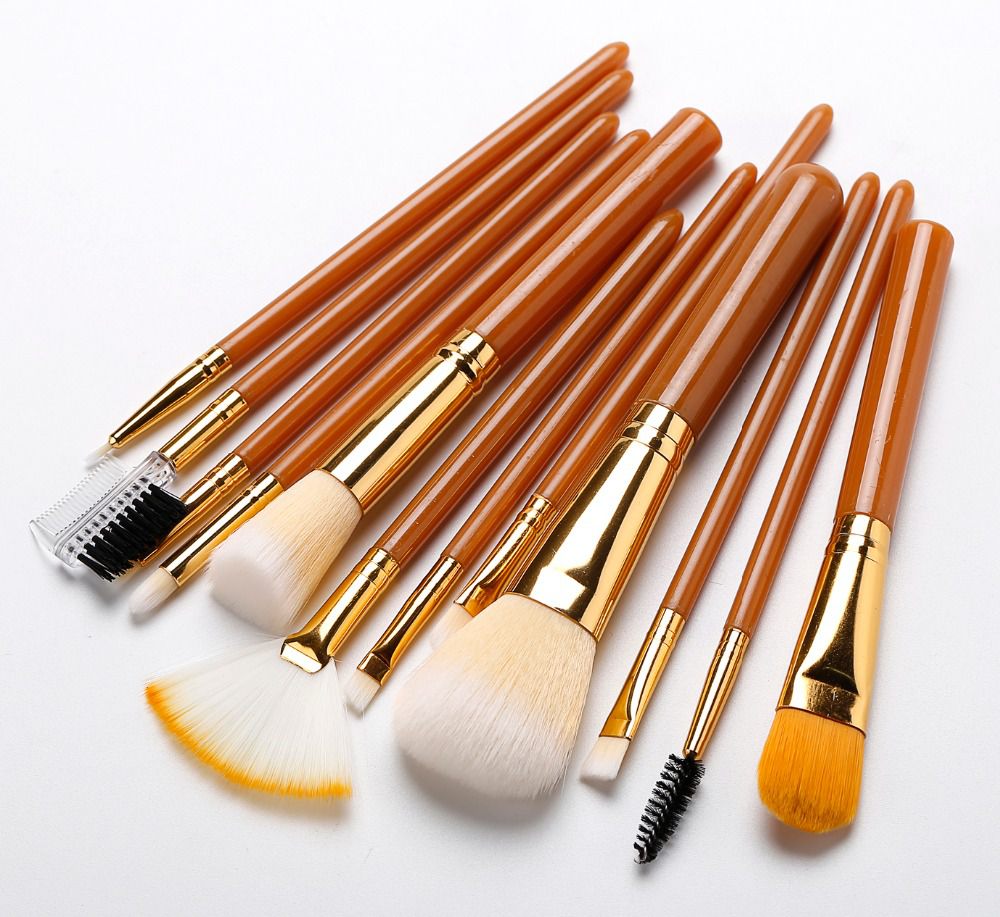Industry news
Middle Eastern Beauty Retailers Expand: Brush Sections Feature Local and International Bristle Brands
- 662 Views
- 2025-11-08 01:31:34
Middle Eastern Beauty Retailers Expand: Brush Sections Feature Local and International Bristle Brands
The Middle Eastern beauty retail sector is undergoing a notable expansion, with major players like Sephora, Lifestyle, and regional chains such as Splash Beauty accelerating store openings and revamping in-store experiences. Amid this growth, a once-overlooked category has emerged as a focal point: makeup brush sections. No longer relegated to small,不起眼 corners, these areas now showcase a dynamic mix of local bristle brands and global names, reflecting shifting consumer demands and a maturing market.
The Rise of Local Bristle Brands
Local Middle Eastern brush brands are gaining traction, driven by their deep understanding of regional beauty needs. Unlike generic international products, these homegrown labels prioritize functionality tailored to Middle Eastern makeup habits—think dense, high-pile bristles designed for heavy foundation and contouring, staples in Middle Eastern beauty routines. For instance, Dubai-based “Desert Lush Brushes” has developed synthetic bristle blends with 20% higher fiber density than standard brushes, ensuring they grip thick, oil-based foundations common in the region.

Halal compliance is another key differentiator. With 78% of Middle Eastern beauty consumers prioritizing Halal-certified products (per a 2023 Nielsen report), local brands like “Oasis Bristles” avoid animal-derived materials, using lab-tested synthetic fibers, and ensure production processes align with Islamic guidelines. This focus on cultural relevance has helped本土 brands capture 35% of the mid-tier makeup brush market in the UAE and Saudi Arabia, up from 18% in 2019.
International Brands Adapt and Thrive
Global giants are also doubling down on the region. Brands like Sigma Beauty and Real Techniques have expanded their Middle Eastern presence, while luxury labels such as Charlotte Tilbury now dedicate 15% of their in-store displays to brush collections. To resonate locally, international brands are adapting: Sigma, for example, launched a “Desert Collection” with heat-resistant brush handles (vital in high-temperature climates) and partnered with Saudi beauty influencer Lama Al-Sulaiman for localized tutorials.

Their edge lies in technical innovation. International brands leverage advanced bristle technologies—such as ultra-fine synthetic fibers (0.05mm diameter) for seamless blending and antimicrobial coatings—to justify premium pricing. A 2024 consumer survey by WGSN found 62% of Middle Eastern shoppers associate international brushes with “superior durability,” a perception global brands are keen to reinforce through in-store demos and KOL collaborations.
Behind the Expansion: Demand, Differentiation, and Supply Chains
This brush section boom stems from three key trends. First, consumer education: Social media has turned makeup tools into “must-haves.” Platforms like TikTok and Instagram Reels, where Middle Eastern beauty creators boast over 500 million collective followers, highlight how brushes elevate long-wearing, camera-ready looks—critical for regionally popular events like weddings and Ramadan gatherings.
Second, retail competition. As beauty chains jostle for market share, curated brush sections serve as a “destination category,” driving foot traffic. Dubai’s Mall of the Emirates’ Sephora, for example, reported a 40% increase in weekend footfall after launching its “Brush Bar” in 2023, where customers test bristle softness and blending performance.
Third, supply chain advancements. Local brands now access high-quality synthetic bristle materials via regional suppliers, reducing production timelines from 3 months to 6 weeks. Meanwhile, international brands like Fenty Beauty have shifted部分刷丝 production to Turkey and Egypt, cutting shipping costs and enabling faster restocks of top-selling brushes.
The Future: Collaboration Over Competition
Rather than clashing, local and international brands are creating a symbiotic ecosystem. Local labels dominate the AED 50–150 ($13–41) price range, while global names lead in the AED 200+ segment. This tiered approach has expanded the overall market: Middle Eastern makeup brush sales grew 28% YoY in 2023, outpacing the global average of 19%, per Euromonitor.
For bristle manufacturers, the message is clear: innovation in synthetic fibers (e.g., biodegradable options, heat-resistant blends) and alignment with regional values (Halal, durability) will be key to capturing this growth. As Middle Eastern beauty retail continues to expand, its brush sections stand as a model of how local insight and global expertise can together redefine a category.











